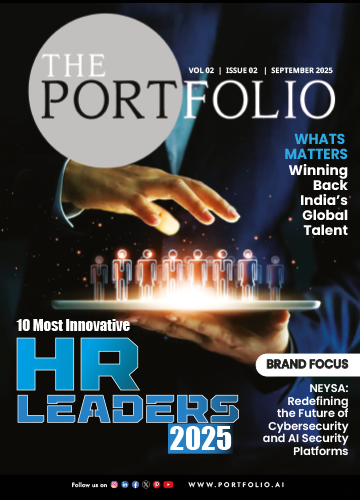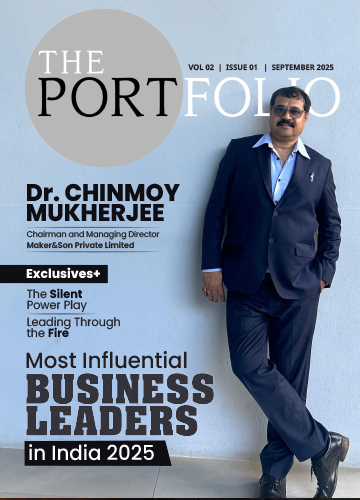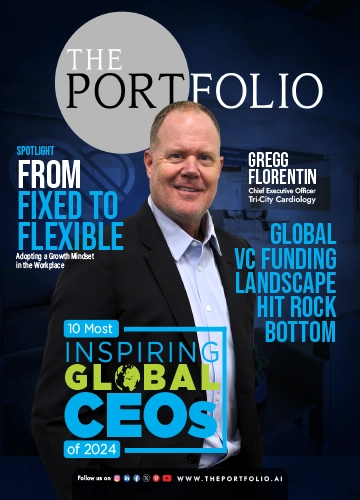AI, or artificial intelligence, was just a fictional plot a few years ago. However, new technologies like Generative AI or GenAI have changed the world as we know it. With a few keystrokes, it can generate a breathtaking painting, craft a viral marketing campaign, or compose a hit song without human intervention. However, automation isn’t the only thing GenAI is good at. Recently, many organisations have experienced that AI can also be used for creative thinking. As AI models are trained on a very large data set, they can be leveraged for creative thinking. Let’s discuss a little more before deciding whether AI enhances or replaces human creativity!
The Music Industry: A Double-Edged Sword
The fear that generative AI will replace humans is not entertained due to the collaborative approach of GenAI. AI tools have democratised production in the music sector by assisting artists in composition and mixing. However, this technological advancement comes with economic implications. A study by the International Confederation of Societies of Authors and Composers (CISAC) predicts that by 2028, music professionals could experience a 24% reduction in income due to AI-generated content, amounting to a cumulative loss of €22 billion over five years. This underscores the urgent need for policies that protect creators’ rights and ensure fair compensation.
Visual Arts: Redefining Creativity
AI’s impact on visual arts is profound. Botto, an AI art program launched in 2021, has produced over 150 artworks, generating more than $5 million at auctions. While AI can mimic styles of renowned artists, these reproductions often lack the nuanced details and emotional depth of human-created art. This raises questions about the authenticity and value of AI-generated works. Moreover, when it comes to modern art, the ‘value’ of the piece is often attributed to the name and feeling of the artist. Picasso could have painted something rubbish, but the fact that Picasso painted the piece, and hispainting reflects his mental well-being made the painting valuable, not exactly the content of the painting.
Fashion Industry: The Rise of AI Models
In fashion, Generative AI is transforming modeling and design. H&M’s creation of AI “twins” for 30 models aims to enhance marketing strategies. While some models appreciate the convenience, there are concerns about fair compensation and potential job displacement. Legislative measures like the Fashion Workers’ Act in the U.S. and the AI Act in the EU are being considered to regulate AI’s role in the industry. However, this might have opposite financial implications as compared to the music industry. Due to the fact that most of the designs will be AI made, designs made by actual humans will be even more valuable. However, the caveat is that the real thing and the thing made by AI will be virtually indistinguishable.
Advertising: Data-Driven Creativity
The advertising sector is undergoing a significant transformation, with GenerativeAI enabling personalised and efficient ad creation. The merger of Omnicom Group and Interpublic Group into a $30 billion entity emphasises data and technology over traditional creativity. While AI streamlines processes, there are concerns about the diminishing role of human creatives and potential job losses.
Film Industry: AI as a Collaborative Tool
In Hollywood, Generative AI is increasingly viewed as a valuable collaborator. Jeffrey Katzenberg, co-founder of DreamWorks Animation, notes that top creators find AI tools to enhance productivity and diversify their work. Despite initial resistance, exemplified by the 2023 writers’ strike advocating for AI regulation, the industry is recognising AI’s potential to inspire rather than constrain creativity. As the film industry runs by a budget rather than salaries, the effect of AI will be almost insignificant.
You Might Also Like: A Revolution in Business Analytics: Is AI the Key?
Legal and Ethical Considerations
The integration of Generative AI in creative fields raises significant legal and ethical questions. A poll commissioned by the Publishers Association reveals that 92% of UK Members of Parliament believe AI companies should disclose and compensate for the use of copyrighted content. This reflects broader concerns about intellectual property rights and fair remuneration for creators.
Generative AI: Not an Immediate Threat to Humans- or is it?
Although GenAI might seem like a threat, in reality, it is far from it. Undeniably, the impact of generative AI has been nothing short of monumental. However, the collaborative nature of the tech makes it a tool rather than a full-time replacement. Creativity, by definition, means to create something new, and for as good as the new GenAI models are, they are not capable of designing something new on their own.


















